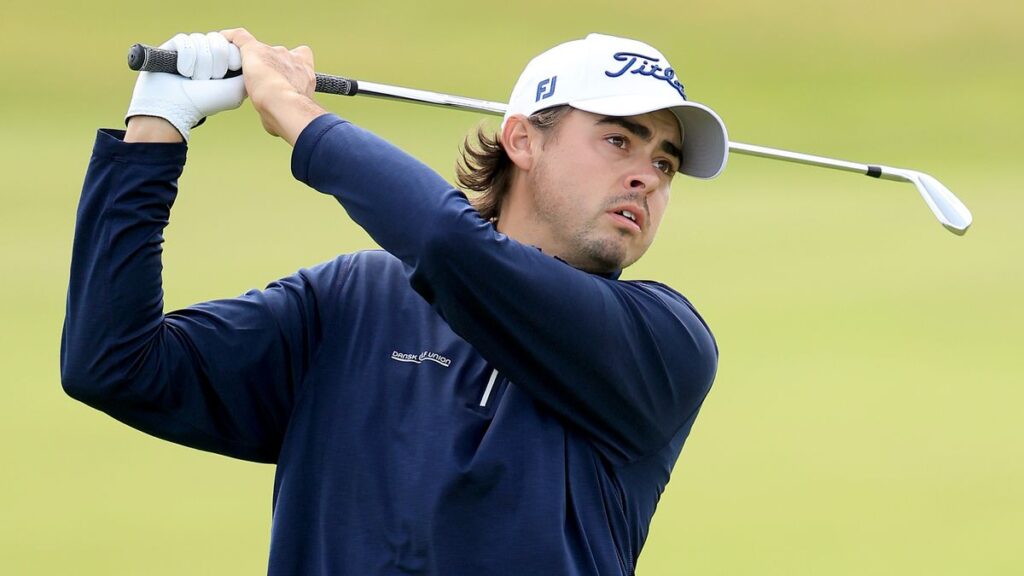Slow play in golf is once again making headlines, with rookie Jacob Skov Olesen receiving a one-shot penalty for a timing offense during his first DP World Tour start as a professional. This incident has reignited the conversation surrounding slow play in the sport, with players like Charley Hull and Nelly Korda speaking out on the issue. The penalty was handed out at the Australian PGA Championship, where Olesen took too long over a shot on the 10th hole, taking 130 seconds instead of the expected 40 seconds. This resulted in a bogey for Olesen, affecting his round and highlighting the severity of slow play in professional golf.
The issue of slow play has been a prominent concern throughout the golfing season, with many stakeholders expressing frustration over the time taken to complete rounds. Fans, media, and players alike have all raised complaints about the pace of play and its impact on the sport. While fines have been used as a deterrent in the past, the decision to penalize players with shots could be a more effective method to address slow play. By making slow play costly in terms of scoring, players may be more inclined to adhere to pace of play guidelines set by tournament officials.
The timing penalty given to Olesen at the Australian PGA Championship serves as a warning to other players on the DP World Tour that slow play will not be tolerated. As a rookie on the tour, Olesen’s experience highlights the importance of adhering to pace of play regulations early on in a professional career. The Danish golfer, who earned his DP World Tour card through Q-School, faced consequences for his slow play on the course, impacting his overall performance in the tournament. This incident underscores the commitment of tournament officials to enforce pace of play rules and maintain the integrity of the game.
With slow play becoming increasingly scrutinized in golf, the pressure is on players to demonstrate efficient and timely play on the course. The DP World Tour’s decision to penalize Olesen for slow play sends a strong message to players about the consequences of exceeding time limits during rounds. As the sport evolves and seeks to address sustainability and fan engagement, addressing slow play is essential to maintaining interest and excitement in professional golf. By holding players accountable for their pace of play, tournament organizers can ensure a more streamlined and enjoyable experience for all involved in the sport.
In conclusion, the incident involving Jacob Skov Olesen at the Australian PGA Championship highlights the ongoing issue of slow play in golf and the measures being taken to address it. By penalizing players for timing offenses, tournament officials are taking a proactive approach to enforcing pace of play regulations and setting a precedent for future events. As the conversation surrounding slow play continues to evolve, players, fans, and stakeholders must work together to prioritize efficiency and adherence to pace of play guidelines. Ultimately, by promoting a culture of timely play and respect for the rules, the golfing community can enhance the overall experience for everyone involved in the sport.


